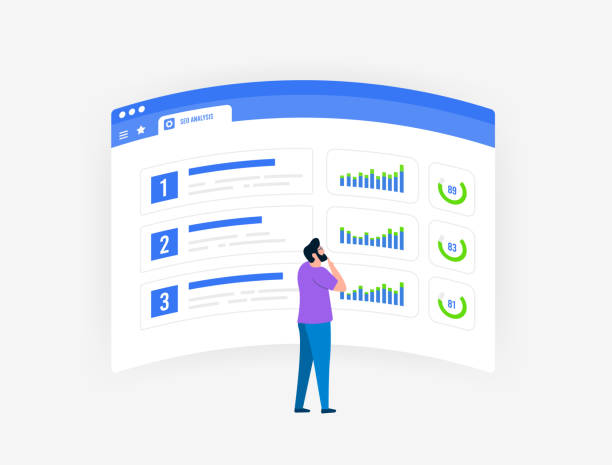In the ever-evolving landscape of digital marketing, one strategy has remained a cornerstone for enhancing online visibility and authority: backlinking. These virtual endorsements from other websites not only drive traffic to your site but also signal to search engines like Google that your content is credible and valuable. In this comprehensive guide, we delve into the intricacies of backlinks, their significance, and how to leverage their power to propel your website to new heights of success.
Understanding the Significance of Backlinks
Backlinks, also known as inbound links or incoming links, are hyperlinks from external websites that direct users to your site. They serve as a vote of confidence from one site to another, indicating trust and authority. Search engines consider backlinks as a crucial factor in determining a website’s relevance and authority within a particular niche or industry.
Backlinks not only contribute to a website’s authority but also play a significant role in enhancing its visibility in search engine results pages (SERPs). When search engines crawl the web, they analyze the quantity and quality of backlinks pointing to a website as a measure of its credibility and relevance. Websites with a robust backlink profile are more likely to rank higher in search results for relevant queries, attracting organic traffic and establishing themselves as authoritative sources within their respective niches. As such, backlinks are essential components of an effective search engine optimization (SEO) strategy, driving organic traffic and bolstering a website’s overall online presence.
The Quality vs. Quantity Debate
One common misconception about backlinks is that quantity reigns supreme. However, it’s the quality of backlinks that truly matters. A single high-quality backlink from an authoritative website carries more weight than multiple backlinks from low-quality or irrelevant sites. Quality backlinks originate from reputable sources within your industry, possess relevant anchor text, and are embedded within contextually relevant content.
Earning Backlinks through Quality Content
Creating high-quality, engaging content remains the most effective strategy for earning backlinks organically. When you produce content that is informative, valuable, and unique, other websites are more likely to reference and link back to it. Whether it’s insightful blog posts, in-depth guides, or compelling infographics, prioritize content that addresses the needs and interests of your target audience.
Harnessing the Power of Guest Blogging
Guest blogging is another effective technique for acquiring backlinks while establishing thought leadership and expanding your online presence. By contributing guest posts to reputable websites within your niche, you can reach new audiences and earn valuable backlinks in return. However, ensure that your guest posts are well-written, informative, and offer genuine value to readers to maximize their impact.
Strategic Outreach and Relationship Building
Building relationships with influencers, bloggers, and industry leaders can also pave the way for valuable backlink opportunities. Engage with relevant communities and participate in online discussions to establish yourself as a trusted authority in your field. When reaching out to potential collaborators, focus on building genuine connections and offering mutual benefits rather than simply soliciting backlinks.
Utilizing Social Media Platforms
While social media platforms themselves do not directly contribute to backlinking, they play a crucial role in amplifying your content and expanding its reach. By sharing your content across various social media channels, you increase its visibility and the likelihood of others discovering and linking back to it. Additionally, engaging with your audience on social media fosters community building and enhances brand credibility.
Monitoring and Analyzing Backlink Performance
Effective backlink strategies require continuous monitoring and analysis to gauge their impact and identify areas for improvement. Utilize tools such as Google Analytics and Ahrefs to track the quantity, quality, and referring domains of your backlinks. Pay attention to metrics such as domain authority, anchor text diversity, and referral traffic to assess the effectiveness of your backlinking efforts.
How Many Backlinks Do You Need?
Now, let’s address the burning question: How many backlinks do I need to achieve optimal results? While there is no definitive answer, the emphasis should be on quality over quantity. Instead of fixating on a specific number, focus on acquiring backlinks from authoritative websites within your niche. Aim to diversify your backlink profile and prioritize relevance, trustworthiness, and contextual alignment.
Implementation
Backlinks remain a powerful and indispensable tool for enhancing your website’s authority, visibility, and search engine rankings. By understanding the significance of backlinks, adopting strategic approaches for earning them, and continuously monitoring their performance, you can unlock their full potential and propel your website to greater heights of success in the digital realm. Remember, quality trumps quantity, and building genuine relationships within your industry is key to sustainable backlink acquisition. Embrace the power of backlinks, and watch your online presence flourish.











